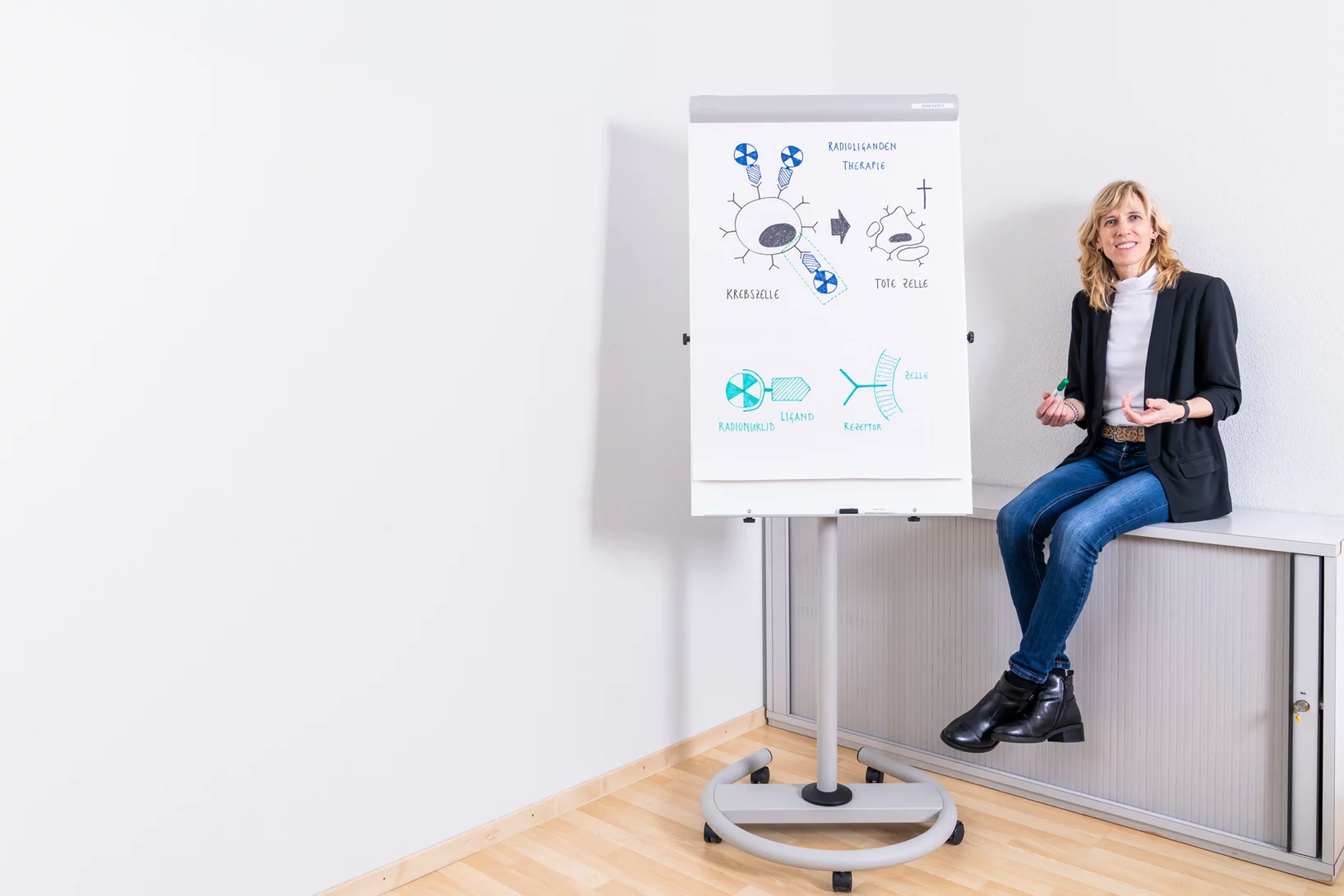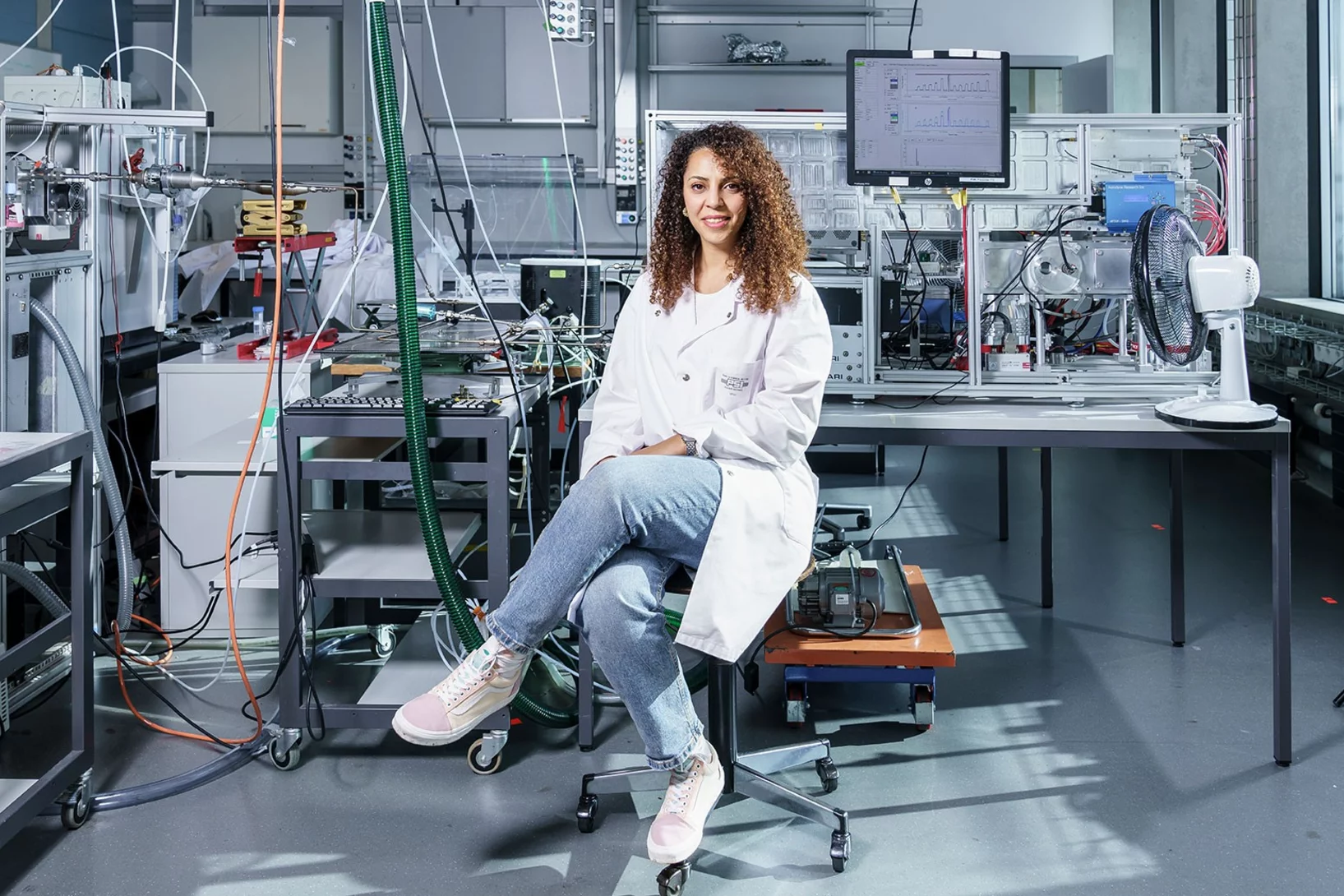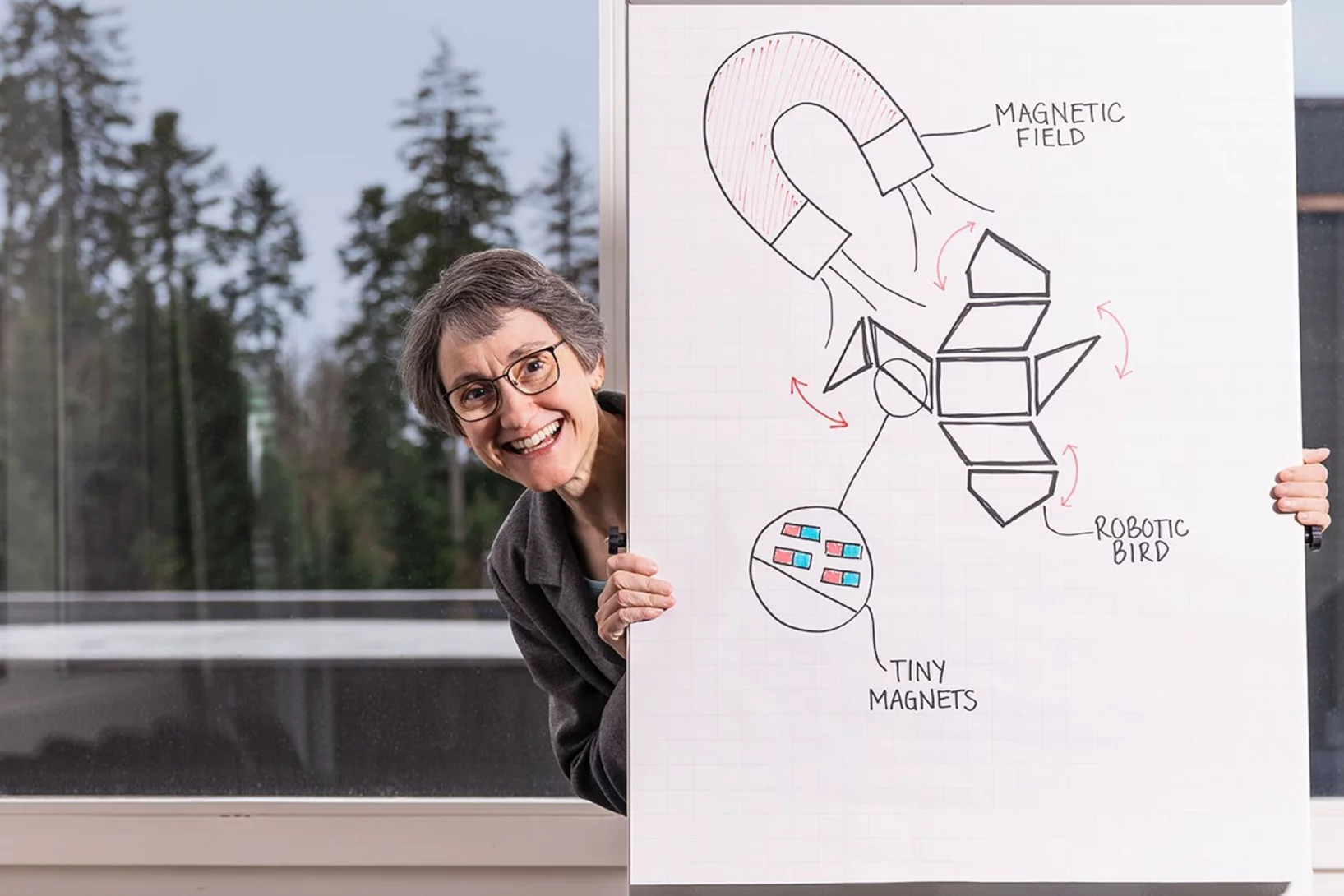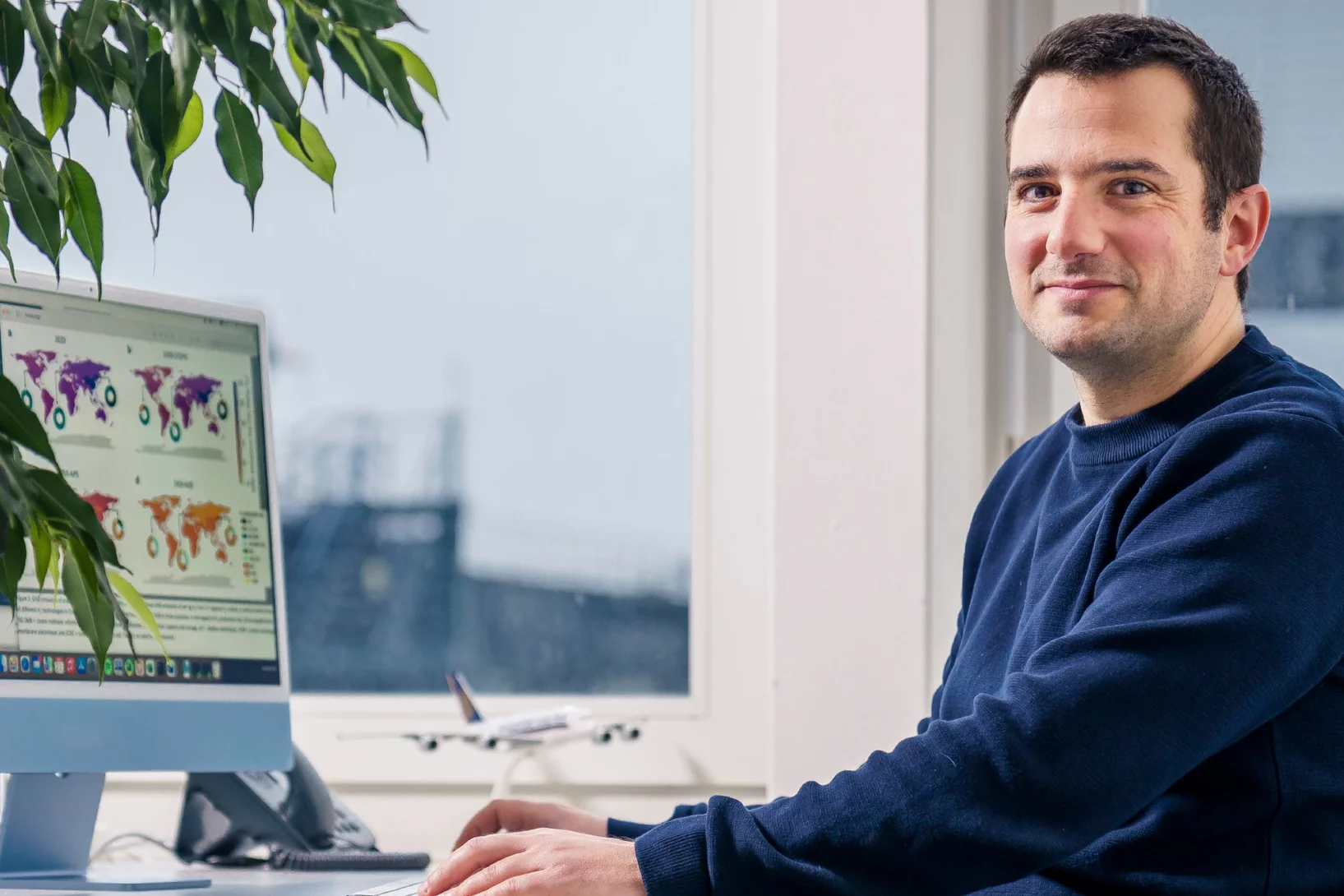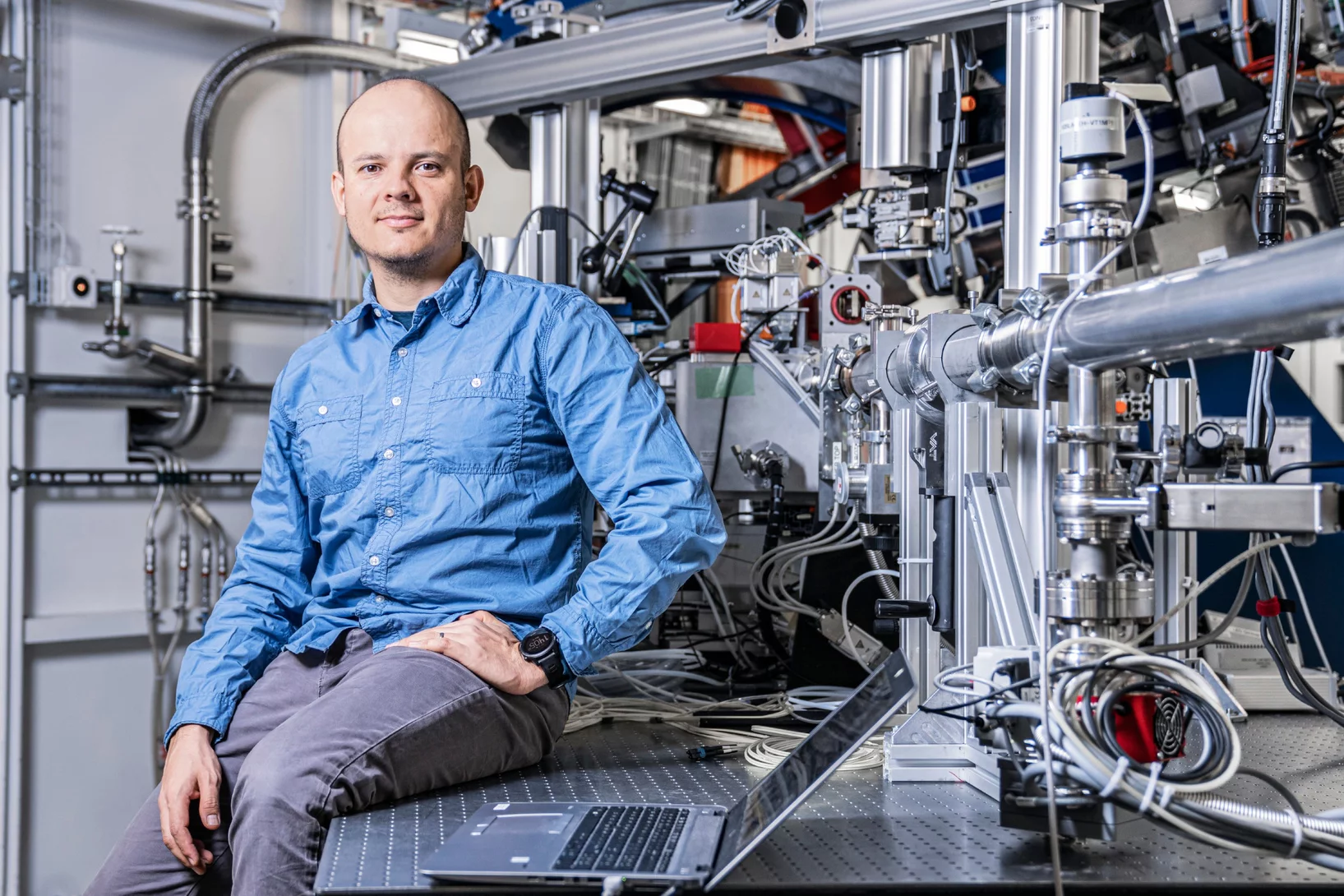PSI Stories
A 40-year success story: Protons against eye cancer
In March 1984, people were irradiated at PSI for the first time against a rare but very malignant type of cancer: They had a tumour in their eye.
Cristina Müller
Developing and redesigning radiopharmaceuticals for tumour therapies
Fundamentally different
Artificial intelligence is helping to evaluate an unimaginably vast amounts of data efficiently and exploit the facilities’ full potential for research.
Favourite recipes from around the world
People from 64 nations work at PSI. Of course, they all bring their own culinary preferences with them.
A potential shortcut
Today, machine learning and artificial intelligence are part of the toolkit for most researchers at PSI. In many cases these methods are fundamentally transforming the way we do science.
Lubna Dada
Tracking down bioaerosols from plants to improve climate models
Laura Heyderman
How do you build a microrobot that can be controlled magnetically?
How clean is hydrogen for the energy transition?
Hydrogen can play a crucial role in transitioning to a net-zero energy system – but it must be produced the right way.
Is climate-neutral air travel possible?
Air transport too is to become climate-neutral – how can sustainable fuels, like those developed at PSI, contribute to this?
Making powerful lithium-air batteries suitable for everyday use
Chemical processes in lithium-air batteries revealed using neutron beams and synchrotron light.


